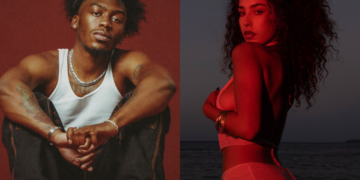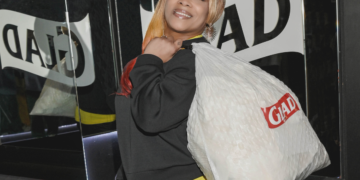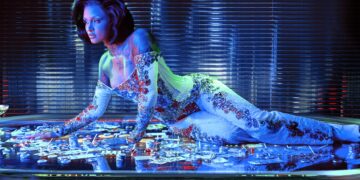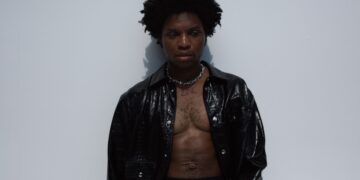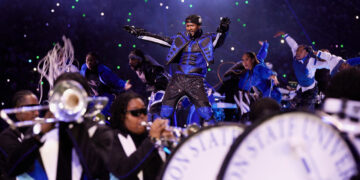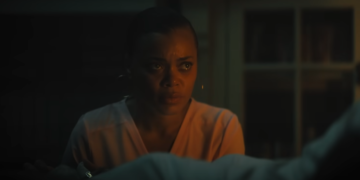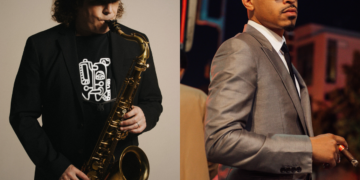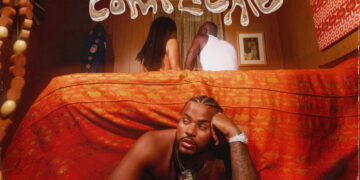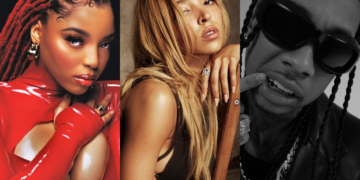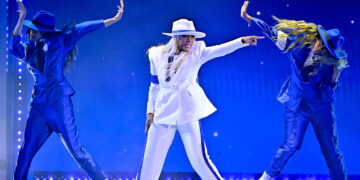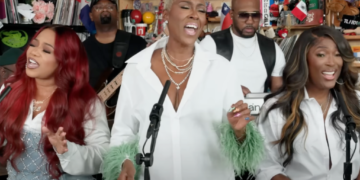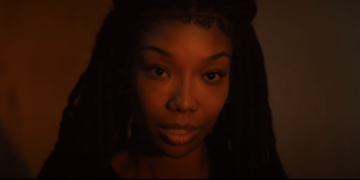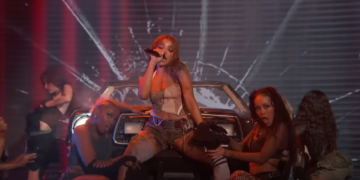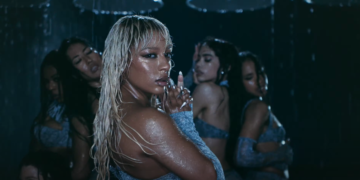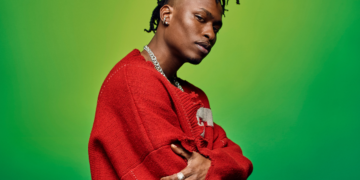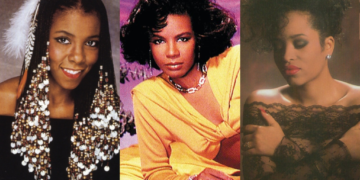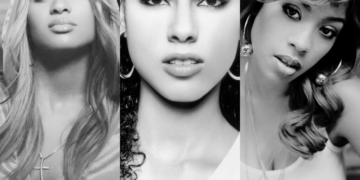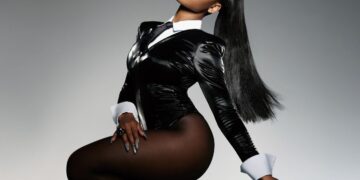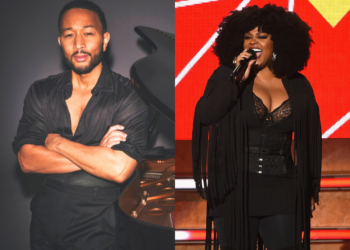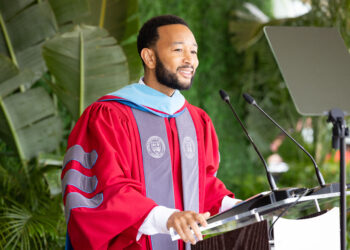The Recording Academy shows that music diversity, equity, and inclusion for Black voices within the organization, and the music community at large, is top of mind with the newly created of Black Music Collective (BMC).
The collective includes Black musicians and culture shapers (Quincy Jones, Jimmy Jam, John Legend, Debra Lee and Sylvia Rhone) as honorary chairs, to put emphasis on creating new ideas and opportunities in Black music across all genres and identifying exciting methods to amplify representation.
BMC, which promises to meet regularly, and initiate programs that fosters Black participation and membership in the Recording Academy, hopes to make positive change for future Black industry trailblazers.
“The Black Music Collective is necessary to help drive the Recording Academy into a new era. Creating an open space for Black music creators can only benefit our membership as a whole,” Harvey Mason, Jr., chair and interim president/CEO of the Recording Academy, said in a press statement. “Through the past few months, I’ve been personally invested in propelling this collective along with Chapter leadership within the Academy. Together, we will elevate Black music creators within our organization and the industry at large.”
BMC, is one of the key changes regarding the Recording Academy that Mason hinted at in Rated R&B’s May interview. In what he hopes can become an organization that “we can be proud of,” the acclaimed musician mentioned the revision of the certain categories, particularly the category of Best Urban Contemporary Album. It is now called Best Progressive R&B Album.
“This is something that lands right on my desk and on my plate of things that we’re going to take a look at,” Mason told Rated R&B. “All of our categories and awards and processes around the Academy are generated by our members. So, members propose changes or categories or procedures, and they go to the board room, and the trustees vote on what they are going to call a category or how they are going to regulate submissions or how they’re going to do X, Y, and Z.”
Mason also teased at the possibility of creating an additional performance category in the R&B field to represent artists, whose music falls outside the mainstream realm.
“It’s very possible. Again, it just comes down to someone making the proposal for that to happen. I want to make sure the Academy is representing all music,” he said. “I don’t want anybody to feel like their genre, their performance, their style of art, or their creation is being excluded. I would be willing to take a look at anything that suggests that we’re not living up to that.”

